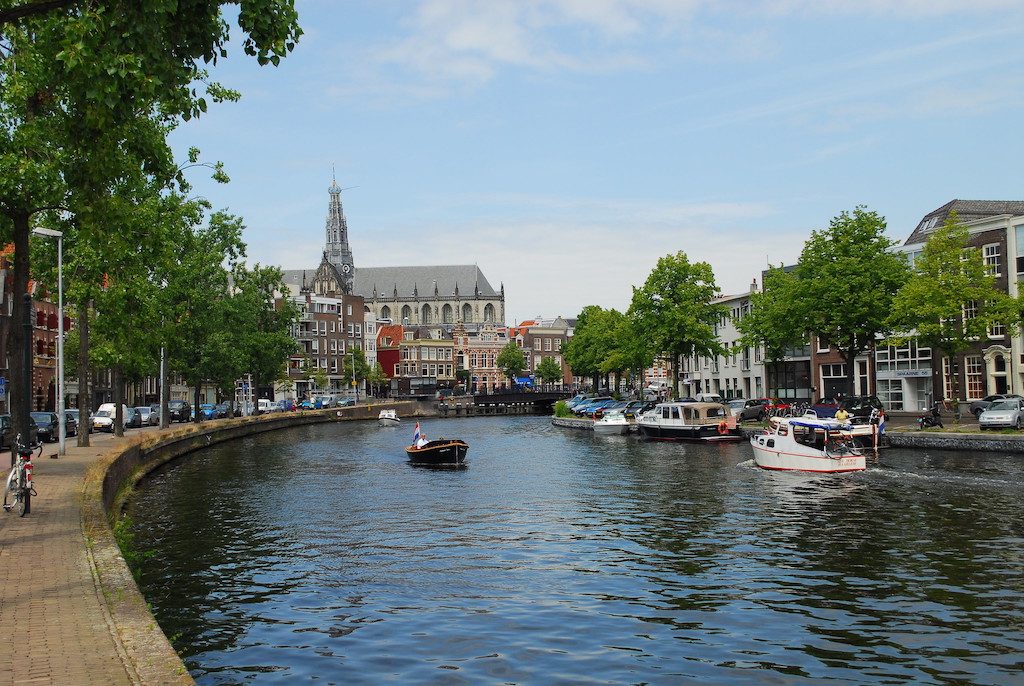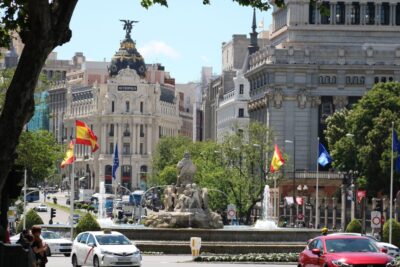To push its energy transition, city of Haarlem in the Netherlands eyes geothermal district heating
In efforts to push its energy transition, the municipality of Haarlem in the Netherlands is looking at district heating and fuelling it with geothermal energy. Discussions center around the possible economics and private vs. public set up.
News from Haarlem in the Netherlands report that the municipality has to look at installing district heating networks in the context of its energy transition. So while there is a lot of work already being done in Rotterdam and Nijmegen, Haarlem recently decided earlier that burning wood and biomass is not an option in Haarlem. In December the council will look at the best affordable options.
The exact content of the decision is not entirely clear, except that the municipality is committed to the development of heat networks. Some have called on the municipality not to do business itself and, above all, to coordinate alone. There are concerns about what the municipality will do if geothermal energy turns out not to be an option in the city because there is no plan B. Another opinion still regrets that the energy facilities have been privatized and suggested setting up and stimulating cooperatives. Yet others do not want commercial parties to set up the heat networks because market forces cause the price to fluctuate continuously.
One of the parties in the council also believes that the Haarlemmer should keep his grip on the energy supply, as does another group. Some want all homes to be included in one go when the heat networks are connected. This is to prevent that Haarlemmers with a tight stock market initially fall outside the boat and parts of the heat network have to be laid later. Yet others are against heat networks at all, as they see them not being financially feasible and would cost Haarlem EUR 40 million annually. The counter argument is that possible private funding or contributions from the government are not considered in this calculation.
Overall, there seems to be an understanding that the energy transition cannot be left to the market because that market is not yet real at the moment. A possible plan B would be to use residual heat from data centers if geothermal energy in Haarlem turns out not to be an option. The municipality is currently discussing this.
Source: Haarlems Weekblad


















